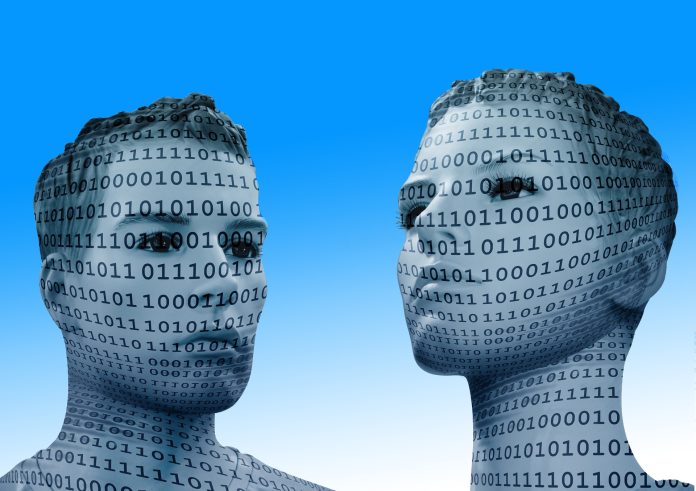AI in Computer Science: Exploring the Evolution, Applications, and Future Trends
Artificial Intelligence (AI) stands at the forefront of technological innovation, reshaping the landscape of computer science and revolutionizing various industries worldwide. From its humble beginnings to its current advancements and future prospects, AI continues to captivate researchers, developers, and enthusiasts alike.
Evolution of AI:
The journey of AI dates back to the mid-20th century when pioneers like Alan Turing and John McCarthy laid the groundwork for the field. Early AI systems focused on rule-based reasoning and symbolic processing, culminating in landmark achievements such as IBM’s Deep Blue defeating world chess champion Garry Kasparov in 1997.
However, the true breakthroughs in AI came with the advent of machine learning and neural networks. The emergence of powerful algorithms, coupled with the availability of vast amounts of data and computational resources, propelled AI to new heights. Today, machine learning techniques like deep learning enable AI systems to learn from data, recognize patterns, and make predictions with unprecedented accuracy.
Applications of AI:
The applications of AI are vast and diverse, permeating virtually every sector of society:
- Natural Language Processing (NLP): NLP algorithms power virtual assistants like Siri and chatbots, enabling human-like interactions and language understanding.
- Computer Vision: AI-driven computer vision systems can analyze images and videos, enabling applications such as facial recognition, object detection, and autonomous vehicles.
- Healthcare: AI is revolutionizing healthcare by assisting in disease diagnosis, personalized treatment plans, drug discovery, and medical imaging analysis.
- Finance: In the finance industry, AI algorithms are used for fraud detection, algorithmic trading, credit scoring, and risk assessment.
- Autonomous Systems: AI plays a crucial role in developing autonomous systems, including self-driving cars, drones, and robots for various tasks, from manufacturing to logistics.
- Recommendation Systems: AI-powered recommendation systems personalize user experiences on platforms like Netflix, Amazon, and Spotify, enhancing user engagement and satisfaction.
Future Trends:
Looking ahead, the future of AI holds immense promise and potential:
- Ethical AI: As AI becomes more pervasive, ensuring ethical AI development and deployment is paramount. Addressing concerns related to bias, transparency, and accountability is crucial for building trustworthy AI systems.
- Explainable AI: There’s a growing demand for AI systems that can explain their decisions and actions in human-understandable terms, particularly in high-stakes domains like healthcare and finance.
- AI and Robotics Integration: The integration of AI with robotics is expected to drive advancements in autonomous systems, human-robot collaboration, and assistive technologies for healthcare and eldercare.
- AI for Social Good: AI has the potential to address some of society’s most pressing challenges, including climate change, poverty alleviation, healthcare access, and education equity.
- Edge AI: Edge computing combined with AI capabilities enables real-time data processing and decision-making at the edge of the network, enhancing efficiency, privacy, and scalability in various applications.
In conclusion, AI continues to shape the future of computer science, offering transformative solutions to complex problems and unlocking new opportunities across industries. As we navigate the evolving landscape of AI, it’s essential to harness its potential responsibly and ethically, ensuring that AI benefits humanity as a whole.

